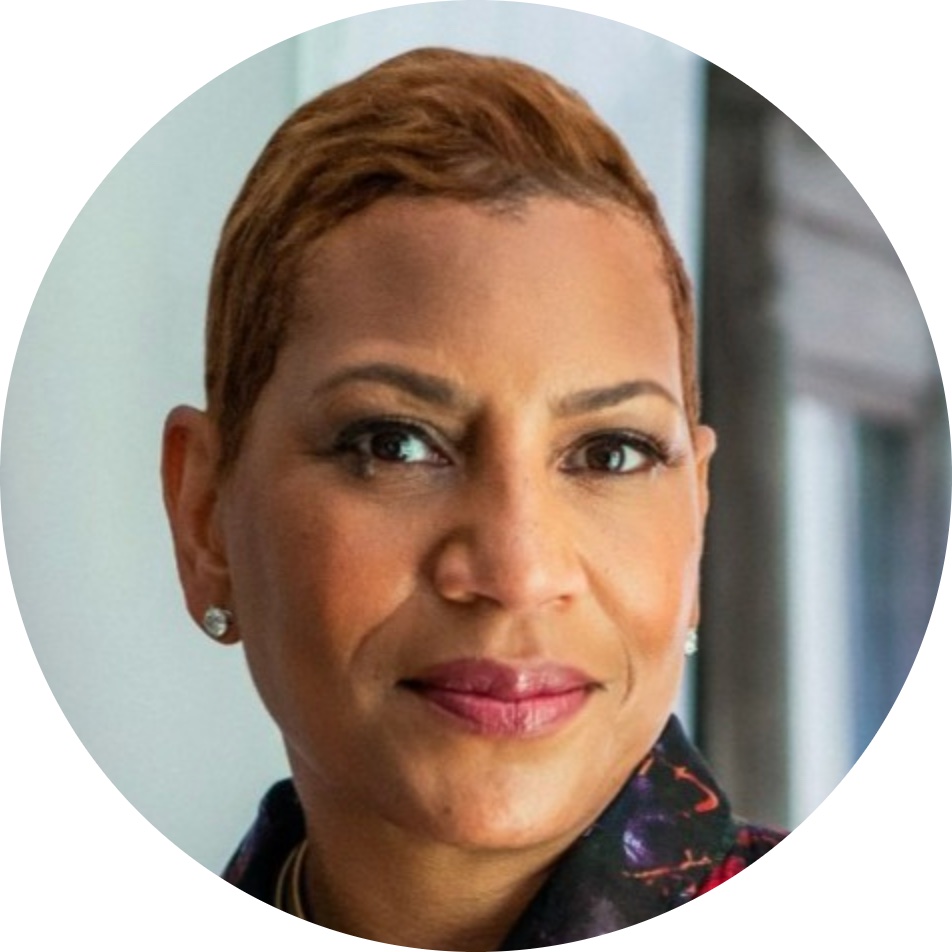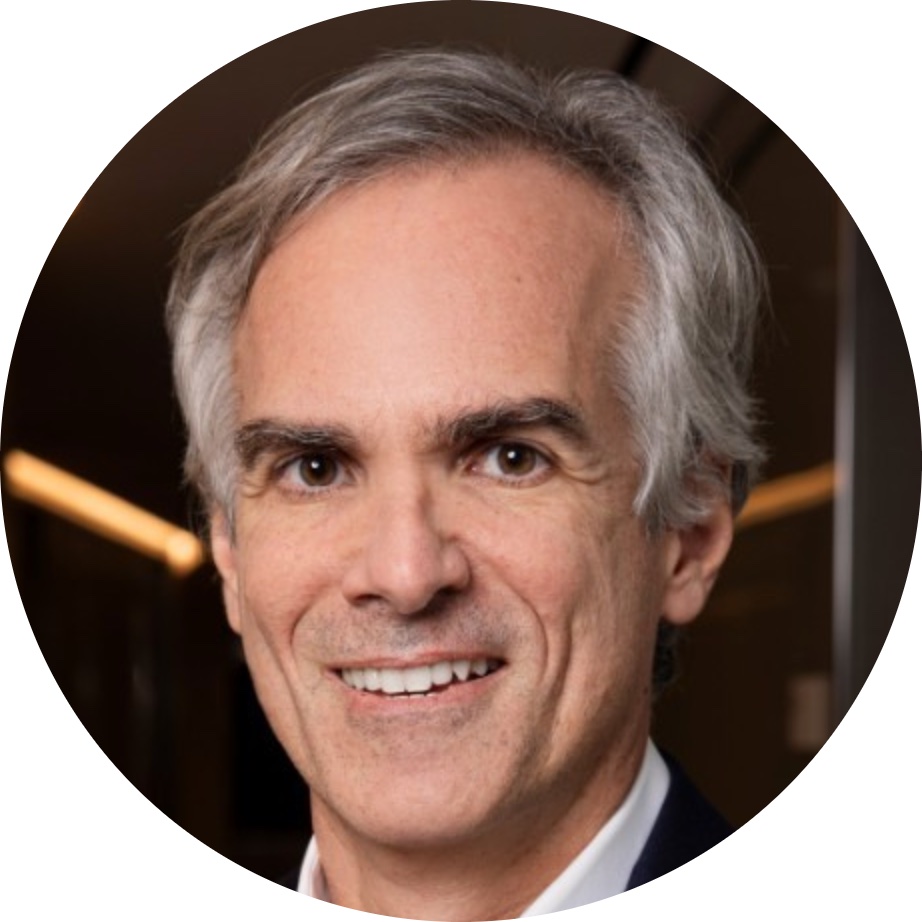Unexpected variables: CEOs still grappling to define work’s new normal

Inflation.
A potential recession.
Geopolitical uncertainty.
Managing a remote workforce.
Company leaders are buckling up for a bumpy 2023. After nearly three years of dealing with pandemic-induced stressors, they’re bracing for more tough times to come with economic instability, geopolitical risks and talent-related concerns, among other looming issues.
As we enter the new year, more than a dozen top executives have shared their expected challenges with WorkLife. They also reflected upon their most pressing concerns in 2022 and addressed how they cope with continuous change.
The leaders work at firms that range from startups to well-established companies, and represent different fields, such as communications, health care, foodservice and entertainment. Yet, many of their concerns overlapped. In their predictions for 2023, one overarching theme emerged: expect the unexpected.
“Never before have CEOs faced so many different variables in trying to plan for, budget and strategize” for a new year, said Constantine Alexandrakis, CEO of leadership advisory firm Russell Reynolds Associates, who speaks with other CEOs regularly. “The unpredictability of the unpredictability is the biggest thing keeping us up at night.”
At his firm, “the biggest challenge will be navigating that uncertainty, pivoting resources, attention and investments to where the opportunities are and pivoting away from the spots that will be particularly troubled,” he said.
For Lisa Osborne Ross, U.S. CEO at public relations giant Edelman, the most daunting challenge of the last few years was simply accepting the ambiguity and uncertainty. “I thought the hard would be over by now,” she said. “But we still have yet to truly define our new normal, and that lack of clarity on the future of our workplace — and our world — continues. Being comfortable with those lingering unknowns, while still seeking to move forward and make progress, is not an easy position to be in.”
Looking ahead, “the biggest leadership challenge of 2023 will be learning how to not just survive but thrive, regardless of what comes our way,” she added.
Contending with internal and external issues
And indeed, there’s much coming their way.
There are internal concerns, such as keeping a remote workforce productive and engaged, as well as outside factors, such as inflation, economic instability and the widespread effects of the war in Ukraine.
On the workforce front, Melissa Bouma, CEO of content marketing agency Manifest, said finding a hybrid work model where employees can effectively ideate and create is among her most significant issues as a leader.
Like countless other CEOs, Bouma also manages employees that had an incredibly tough past few years. “We went through the pandemic. We went through societal evolution. We went through a Great Resignation and reshuffle,” she said. And now there are concerns about inflation and the overall economy.
One of her biggest challenges in 2023 is “to find a way to encourage everyone at the same time to get excited and passionate and remain that way,” she said.
Like Bouma, Ross Mackay, CEO and founder of plant-based chicken brand Daring, grapples with the hybrid work structure.
“In 2023, the companies that can be highly adaptable to change will win. For me, that means making hard decisions and making them faster than ever,” he said. The hybrid culture “can sometimes slow down communication across the team. But we must be agile and eliminate any communication barriers in order to remain fast and flexible,” he added.
Attracting the next generation of consumers and workers
In the coming year, business leaders also need to determine how to court the increasingly important Generation Z, which is generally defined as those born between 1997 and 2012.
“Corporate leaders cannot ignore the expectations of this generation and the impact these employees, consumers and community members are already having on business,” said Edelman’s Ross.
While not explicitly citing Gen Z, David Graves, president of Pizza Hut U.S., said that in 2023, the company will continue to focus on creating products that appeal to a younger demographic.
In 2022, “it was all about continuing to modernize Pizza Hut across our food, restaurants and customer experience so we can win the next generation of pizza lovers,” he said. That included rolling out single-serve Pizza Hut Melts as an affordable option for those who didn’t want to order an entire pizza. It’s “something younger customers told us they wanted,” he said.
In 2023, the company will need to keep key business objectives, such as attracting younger consumers, top of mind. “In this ever-changing, unpredictable environment, it is easy to get distracted,” Graves said. “Staying collectively focused on the big things that matter is harder than ever.”
Planning for the future
Top executives are both looking forward and backward as they enter the new year.
Todd Simon, CEO and a fifth-generation leader at Omaha Steaks, said he and his team examine the past to help prepare for the future. “It’s important to gather feedback on what worked in 2022 and what we need to adjust in 2023,” he said.
Omaha Steaks, which was founded in 1917, “is built on decades of experience,” he added. “It’s always a helpful first step to look at how we’ve handled past challenges and leverage those learnings.”
Perkins Miller, CEO of gaming and entertainment platform Fandom, said he taps into scenario planning “to manage through volatility and uncertainty.” For instance, he said his company developed a set of scenarios in spring 2022 for the third and fourth quarters in case the advertising market declined, which it did.
“When we saw market conditions match a planned scenario, we had a set of actions ready and implemented them quickly,” he said.
For 2023, Fandom will have “a baseline growth scenario which is matched to low-risk, high-impact projects. And we have strict plans to track accountability,” he said. “We complement this baseline plan with two to three higher-risk, high-impact initiatives.”
Sylvana Sinha, CEO of health care startup Praava Health, said she’s paying close attention to how global disruptions will affect costs, cash flow, operations and overall demand for her company’s services. Among the tools she’s deploying are “worst-case scenario planning and full transparency within leadership and across the organization,” she said.
“Businesses focused on sustainability and resilience will weather the storm and eventually stand the test of time,” she said. “Those of us that survive these challenging, uncertain times will be best poised for long-term success.”



